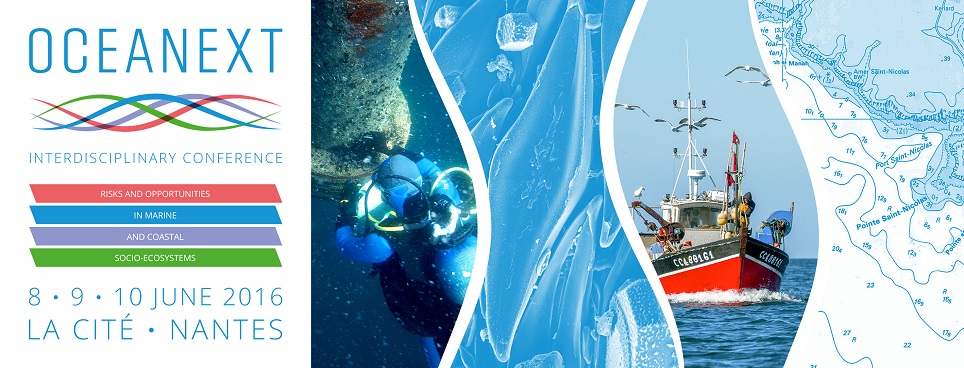Aquaculture will play an increased role in tomorrow's food production systems. However, the Blue Revolution needs to become the greener Turquoise Revolution by developing innovative technologies and practices with increased environmental sustainability, economic stability and societal acceptability, such as Integrated Multi-Trophic Aquaculture (IMTA).
A major rethinking is needed regarding the functioning of an “aquaculture farm”. Having to deal with different nutrients, different spatial and temporal recapturing strategies should be designed. This will certainly trigger a need for changes in regulations, as they were designed without IMTA in mind in most countries.
There is a renewed interest in the mariculture of seaweeds for their integrated cultivation, the ecosystem services they provide and novel uses. The value of the ecosystem services provided by extractive species should be recognized, accounted for and used as financial and regulatory incentive tools. The IMTA multi-crop diversification approach could be an economic risk mitigation and management option to address climate change impacts.
Perceptions should change: nutrients are not necessarily wastes and recycling, encouraged on land and in agriculture, should also be at sea and in aquaculture.
Business models should embrace the emerging Integrated Sequential BioRefineries (ISBR) concept to manufacture diverse products for a wide variety of applications.
Humans will soon not be able to continue thinking of mostly land-based agronomic solutions for securing their food, nor for providing many other derived products, but will have to turn, increasingly, to responsible aquanomy to manage their “aquatic fields”.
- Autre

 PDF version
PDF version
